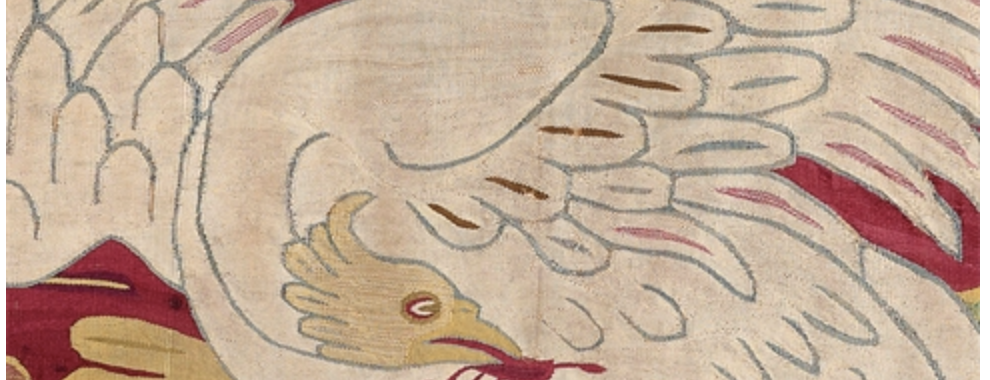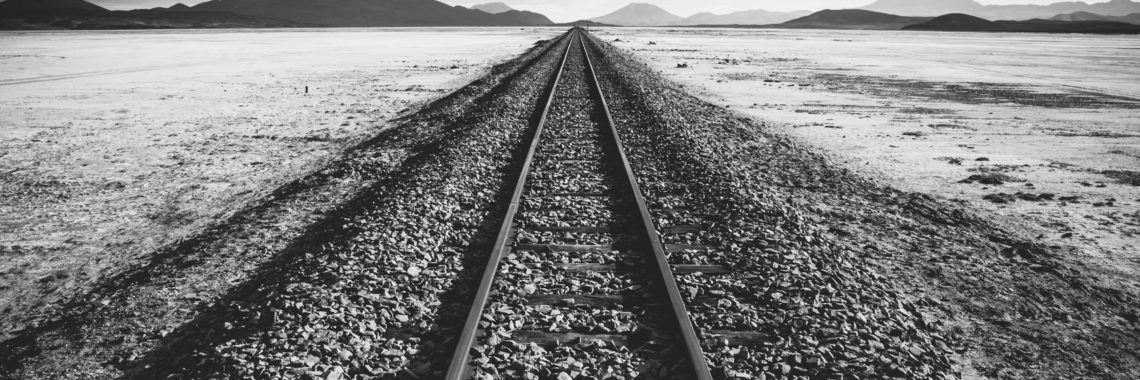“The Conscience Rights of Health Care Professionals Under the Affordable Health Care Act and its Regulations: An Emerging Controversy” by Charles J. Russo
One of the more contentious issues surrounding medical care concerns the conscience rights of health care professionals such as doctors, physician assistants, nurses, and the faith-based institutions in which they work. Controversy arises when individuals and/or their institutional policies refuse to comply with federal rules mandating that they violate their sincerely held religious beliefs, which…











